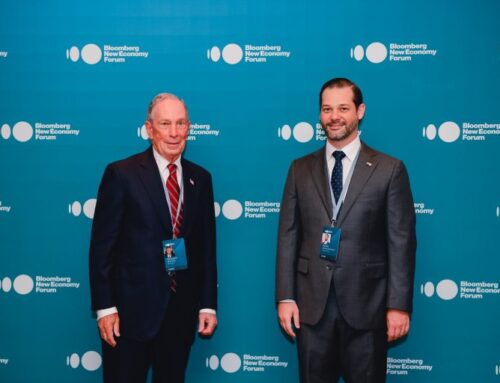Both Lonely Planet and Conde Nast Traveler have each recently released an interesting array of recommended countries to visit in 2020. These lists give us exotic locations and places that are making sustainable tourism a priority.
During the last two decades, the travel industry has grown both globally and regionally. That growth, however, has seen some downsides, most important of which is the negative environmental impact caused by travelers.
From the slopes of Mt. Everest to the beaches of Hawaii, we are now witnessing terrible acts of pollution and damage to nature and property.
The Madrid Climate Change Conference, or COP25, is currently taking place and focuses on the worsening climate emergency that is impacting lives everywhere. It seeks to strengthen the implementation of the Paris Agreement and bring world leaders together, just like the Climate Action Summit did in New York this past September.
The travel and tourism industry is closely following these talks so that stakeholders can implement the eco-friendly steps. This needs to be a joint effort between travel companies, travelers, and respective countries’ governments. The 2020 list toppers are closer to achieving this goal than others. (Let’s take a look and see what makes them stand out).
Panama
One of the top names on the Conde Nast Traveler list is the idyllic isthmus of Panama. A renewed focus on eco-retreats will offer travelers sustainable ways to explore many islands, along with its sun-drenched Pacific coast, deep tropical forests, and one of the most extensive coral reefs in the Pacific.
Panama’s beauty is well-known, but what is not known is the fact that 100% of food waste is recycled, 100% of the energy used in the island will be solar-generated, and 100% of wastewater will be reused for irrigation at the new eco-retreats.
The retreats themselves are made of certified sustainable wood where single-use plastics will be banned, and 75% of the remote archipelago will not be disturbed. Guests are encouraged to participate in research and conservation efforts.
—
About the Autor: Bambi Majumdar has over 18 years of industry experience in journalism, PR, and marketing communications. She is passionate about bridging the gap between the audience and brands via meaningful content. She has contributed articles to The Economic Times, the leading financial daily of India, among others. She is also active on the board for several business organizations that focus on helping small business owners and women achieve more in their respective fields.








